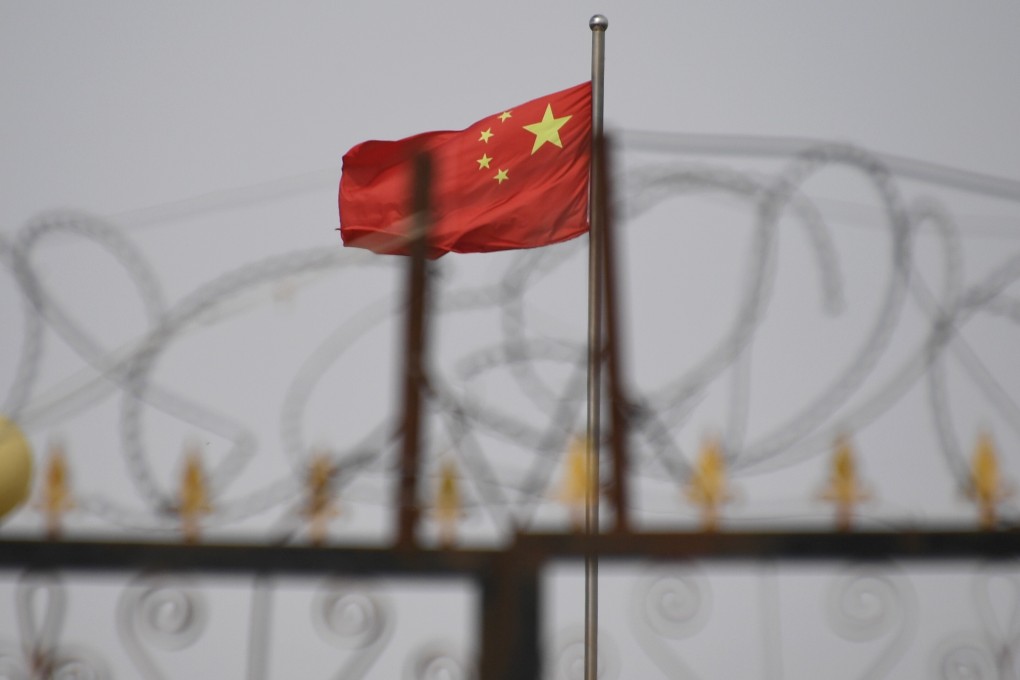Advertisement
US firms in China ‘confused’ by new Biden warning on Xinjiang supply chains risks
- The White House update on Xinjiang supply chain risks adds pressure on American companies to cut exposure to the region
- US firms say the announcement lacked detail on compliance, but threat of reputational damage will compel them to take action
Reading Time:4 minutes
Why you can trust SCMP
27

American businesses in China have expressed confusion and concern about a new advisory from the Biden administration on their Xinjiang supply chains, saying compliance will require a significant amount of time and effort.
The immediate reaction underscores how difficult – and costly – it will be for US companies to fully extricate themselves from production lines that contain Xinjiang-made products, while potentially acting as a deterrent for American companies to establish operations in the mainland.
Nevertheless, the reputational damage for companies not following the new guidelines – which were issued on Tuesday – is likely to be sufficient motivation for companies to comply as quickly as possible.
Just like we paid for the trade war in the last administration. It gets added on, and never taken off
“No Western firm will touch a Xinjiang commodity for fear of being associated with the liability and the negativity,” said a China-based US business owner, who asked not to be named due to the sensitivity of the issue.
“Most won’t even know if they do have an insignificant, small component from that region. Now they’re going to waste tonnes of resources to figure that out and control it.”
The businessman, who specialises footwear and apparel supply, said the advisory is likely to require contracting third-party auditors or introducing some other “cumbersome system” to ensure compliance, which would ultimately be passed on to the consumer and hurt profit margins.
“Just like we paid for the trade war in the last administration. It gets added on, and never taken off.”
Advertisement